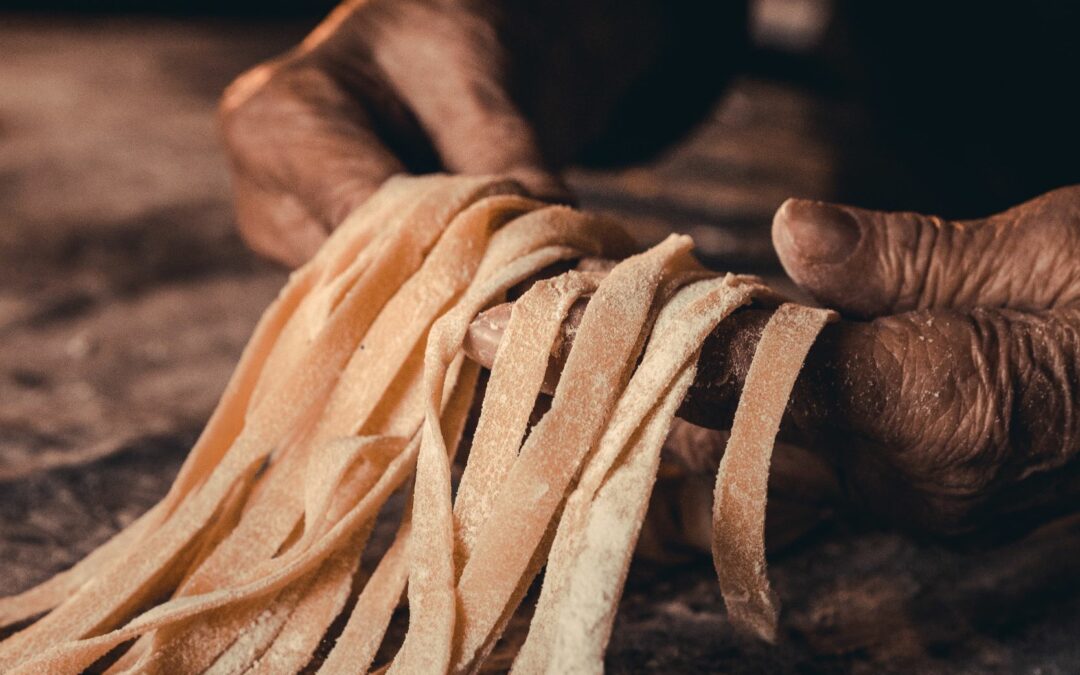Before reading this blog, please refer to our other blog “Why Our Bodies Need Carbs?,” which discusses the importance of carbohydrates more in-depth. In this blog, we will address the question “Are no-carb diets healthy?” Let’s dive in!
What Does “Healthy” Really Mean?
The term “healthy” and what it means is a hot topic debate, especially within diet culture. There are many facets of health and a lot of factors to consider. Health is not always simply how the body responds on a medical level biologically. But it also involves mental health, overall well-being, financial health, spiritual health, etc. Sometimes something may be healthy for the body, but could dramatically alter one’s mental health – and vice versa. The overall goal is for an individual to have a balanced degree of health in all areas of life without sacrificing one for another.
Can a No-Carb Diet Be Healthy?
The simple answer is no. However, we believe in arming our clients and readers with as much evidence and background knowledge as possible so they can challenge diet culture on their own. Here are 5 reasons why a no-carb diet is harmful.
1. Restriction of One Vital Nutrient
A no-carb diet removes a vital macronutrient from one’s diet. Carbohydrates, which break down into glucose, are the brain’s main source of fuel. When the body does not receive adequate energy from carbohydrates it will begin to break down muscle for energy, which will lead to malnutrition.
2. Low Blood Sugar
Carbohydrates help the body maintain a stable blood sugar level. When an individual does not consume adequate amounts of carbohydrates blood sugar levels will drop. This drop in blood sugar could result in blurred vision, difficulty concentrating, confusion, slurred speech, and drowsiness. If blood glucose remains low for too long it can lead to seizures, coma, and even (rarely) death.
3. Restrictive in Nature
A diet void of carbohydrates is restrictive. Cauliflower rice will never be rice, and spaghetti squash or tofu noodles will never be pasta. These foods are not bad, but they are not adequate or equal replacements for carbohydrates. Most individuals will continue to have cravings for carbohydrate-filled foods when restricting them, and likely would have to ignore those cues to remain carbohydrate-free. Ignoring one’s cravings and bodily cues can (and often does), lead an individual right into disordered eating and/or a diagnosable eating disorder.
4. Nutritional Deficiencies
Carb-free diets generally will cut out grains and may limit beans and legumes as well. Grains and legumes are carbohydrates high in B vitamins. Studies have proven that individuals are at higher risk of being deficient in B vitamins when on a low or no-carb diet. B vitamins include vitamins such as folate, thiamin, and riboflavin, amongst others. Folate is especially important for women especially those who may become pregnant in the future as a lack of this specific vitamin can cause birth defects in babies.
Certain signs that your body is lacking in B vitamins include fatigue, headache, insomnia, upset stomach, depression, muscle pain, and numbness in hands and feet. B vitamins are influential in metabolizing fats, carbohydrates, and proteins – meaning they assist in getting energy from the food you consume.
5. Enjoyment
If an individual is removing carbohydrates from their diet, chances are a lot of fun foods will be “off limits”. Things like ice cream, bread, muffins, cake, chips, fruit, etc. are all carbohydrate-containing foods. If one was to take all of those foods out of their daily routine chances are their diet would be pretty bleak and unappealing. Food should be exciting, fun, and something that memories are a part of. For example, think about missing out on baking cookies with your young child, or not eating cake at your own birthday party. Seems pretty sad huh?
Final Thoughts on No-Carb Diets
Thank you for reading this resource on “Are no-carb diets healthy?” In summary, please do not go on a carb-free diet. It is not healthy or beneficial for you and can lead to harmful consequences. If you or someone you know is considering it, or struggling with food in any way, please encourage them to reach out for help to a HAES-aligned registered dietitian and/or someone they trust.
Contact Us
Courage to Nourish is a group of eating disorder specialized dietitians. We have in person locations in Alexandria, Virginia, Columbia, Maryland. and College Park, Maryland. We offer virtual services across the state of Virginia, Washington DC, Pennsylvania, and Colorado. We offer individual nutrition therapy. As well as support groups. We would love to guide you in building a better relationship with food.
Contact us for more information. And to schedule a discovery call. Also, sign up for our client or clinician newsletter!
Take one of our eating disorder quizzes:

